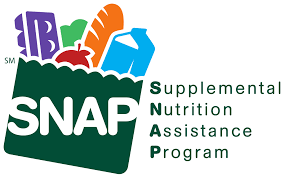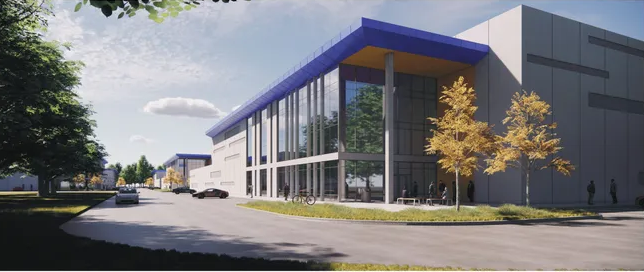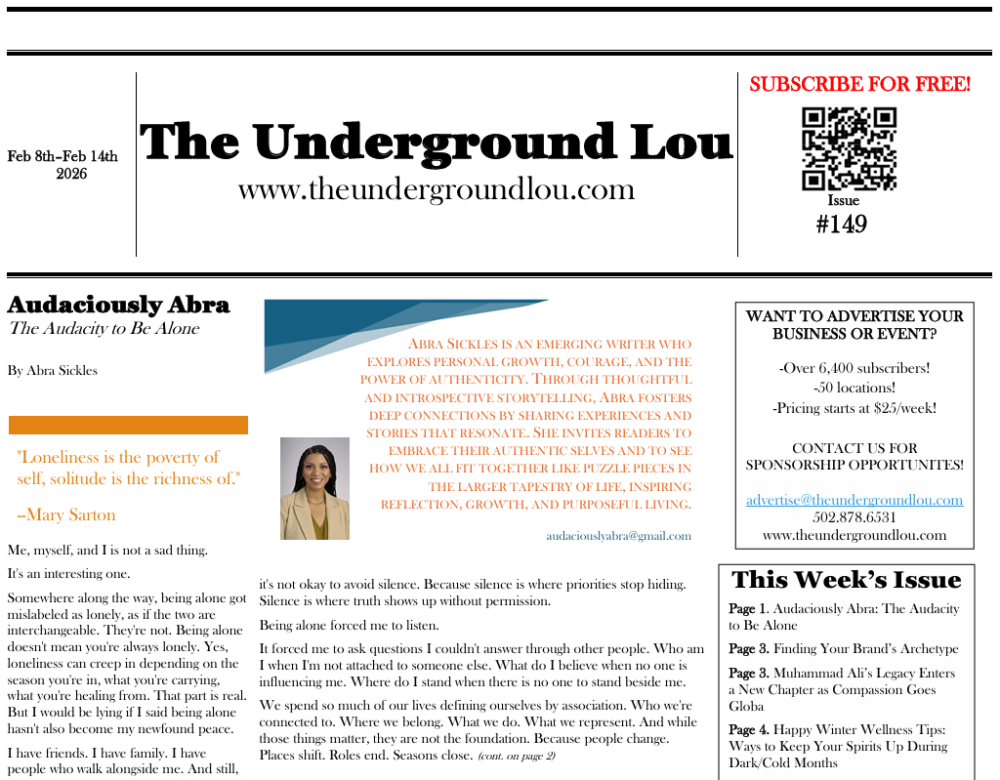Despite a federal judge ordering the Trump administration to find a way to fund the Supplemental Nutrition Assistance Program amidst the government shut down, many Americans did not receive their benefits in the early month of November.
What is SNAP? The Supplemental Nutrition Assistance Program (SNAP), more commonly known as food stamps, was first established in 1964 by President Lyndon B. Johnson. The program is funded by the federal government and provides monthly benefits to low- and moderate-income individuals and families so they can afford to buy groceries, in turn lessening malnutrition. SNAP is the United States largest anti-hunger program, and aids over 40 million people in affording to put food on the table. That amounts to one in eight Americans per month.
Why Are SNAP Benefits Halted? Right now, there is a common belief held that SNAP benefits are not being dispersed because Democrats refuse to reopen the government. While it is true that the Democrats have voted to not reopen the government, it is not because they just do not want to. They are waiting for their needs to be met, the needs of millions of Americans relying on the Affordable Care Act (ACA) to keep their health insurance. Known to many as Obamacare, the Affordable Care Act was a 2010 U.S law that expanded health insurance coverage. The ACA made health insurance more accessible through subsidies, or financial assistance programs that lowered the cost of health insurance coverage for individuals and families who qualify. Back in 2021, when Democrats had full control of congress, they reinforced and added to Obamacare’s existing programs and renewed the new, enhanced plan for the next year too. The new program nearly doubled Obamacare’s enrollment, with 24 million people signing up for 2025 coverage. Fast forward to now, November 2025. Our Democrats are looking to solidify the extensions added onto Obamacare in 2021 as part of a must pass government funding plan. They see this as their best chance to get the
Republican party (that famously disapproves of the Affordable Care Act) to agree to renewing the enhanced plan. If they refuse to and the Democrats concede to the Republican party’s wants, many Americans will see a 114% increase in what they pay annually for health insurance premiums. The Republican Party and President Donald Trump are concerned that the enhanced programs would increase “enrollment fraud.” They claim that Democrats shut down the government over free healthcare for illegal aliens, which is famously untrue since federal law prohibits those without legal status to obtain health insurance. Both President Donald Trump and the Republican party say they are willing to discuss extending the enhanced programs under the ACA, but only after the government has been reopened.
Misconceptions About SNAP Right now, there is a considerable amount of misinformation surrounding the function of the SNAP program, and its users. “Common misconceptions about people on SNAP, or any kind of welfare, is that they are lazy people who do not want to work for anything. They believe that people on SNAP just expect things to be handed to them,” states 23-year-old Jordan Chairez. She went further to say that while there will always be a handful of people who find a way to abuse our welfare systems, most people who receive food stamps are blue-collar workers trying to make ends meet. “My parents split up when I was five, which put both into a huge financial deficit. My mom was mostly a stay-at- home mom while my parents were together, but she also occasionally had part time jobs. My father painted houses and had other frequent side jobs. When I was child, we did not have a lot of money, and I know we would not have had sufficient nutrition without SNAP. Kids especially do not need to suffer during formative years due to lack of food.”
Many people do not realize that to qualify for SNAP benefits, you must participate in work registration (some exemptions do apply). In Kentucky, if you are a SNAP recipient between the ages of 18-59, you must register for work and meet a monthly requirement of at least 80 hours of work or program participation. Some exceptions include disability and being a primary caregiver of a child under fourteen. Others make claims that people use food stamps to buy things they should not be allowed to, which is also untrue. SNAP can only be used to buy fruits, vegetables, poultry, fish, dairy products, bread, cereals, seeds, and plants. It cannot be used to buy alcohol of any kind, vitamins, medicine, food that is hot at the time of sale, or any non-food items (this includes pet food and household supplies). “Another common misconception about the SNAP program is that only a certain demographic of people benefits from the services. Many assume that SNAP benefits only non-workers, where in fact the program significantly helps people in rural communities, mothers, elderly citizens, and children raised in low-income communities,” says Imyni Means, University of Louisville sophomore. The truth is that SNAP benefits a wide array of people. This includes the elderly, veterans, people with low and moderate incomes, those who are disabled, and most of all, children. There are 645,641 SNAP recipients in Kentucky, with people under 18 making up 40.52% of those receiving benefits. White people make up 76.06% of SNAP recipients in Kentucky, while Black people make up 15.57%.
Why We Need SNAP There were 41.7 million people (12.3% of U.S. population) in 2024 who were dependent on food stamps to feed themselves, or their families. SNAP not only reduces food insecurity, but it also is one of the most effective ways to stimulate the economy. When people do not have to worry about how they will afford to buy groceries, it frees up income they can now use to pay rent or to purchase non-food items like diapers and medicine. Additionally, SNAP benefits the recipient and the businesses people choose to spend their funds on. By cutting SNAP benefits, you are not only hurting the people who rely on food stamps to eat, but also the grocery stores who sell the food and the farmers who grow it. As of right now, SNAP recipients will see their benefits reduced by 35% for the month of November. The U.S. Department of Agriculture (USDA) confirmed earlier this week that they would cover 65% of SNAP recipients benefits during November’s government shutdown. Despite this, millions of Americans are still waiting to receive benefits that stand in between them and malnutrition.
















